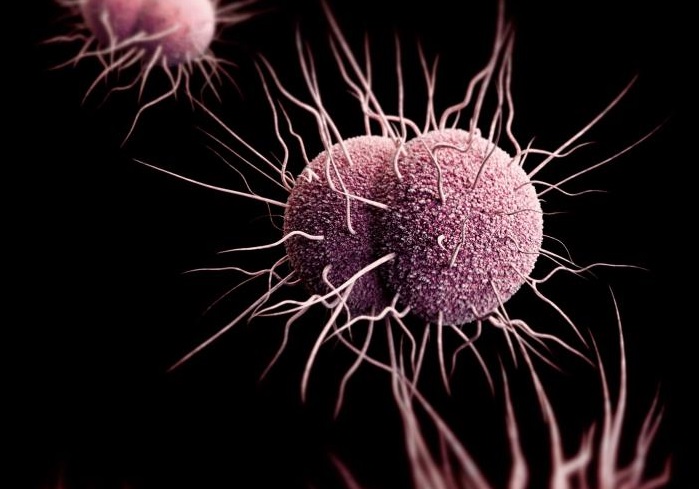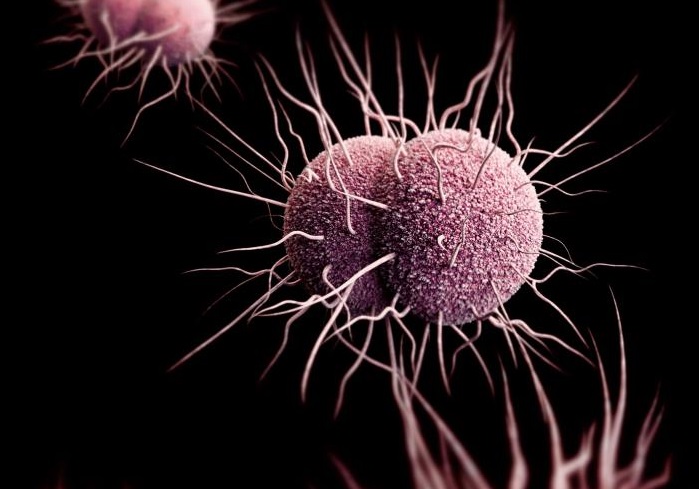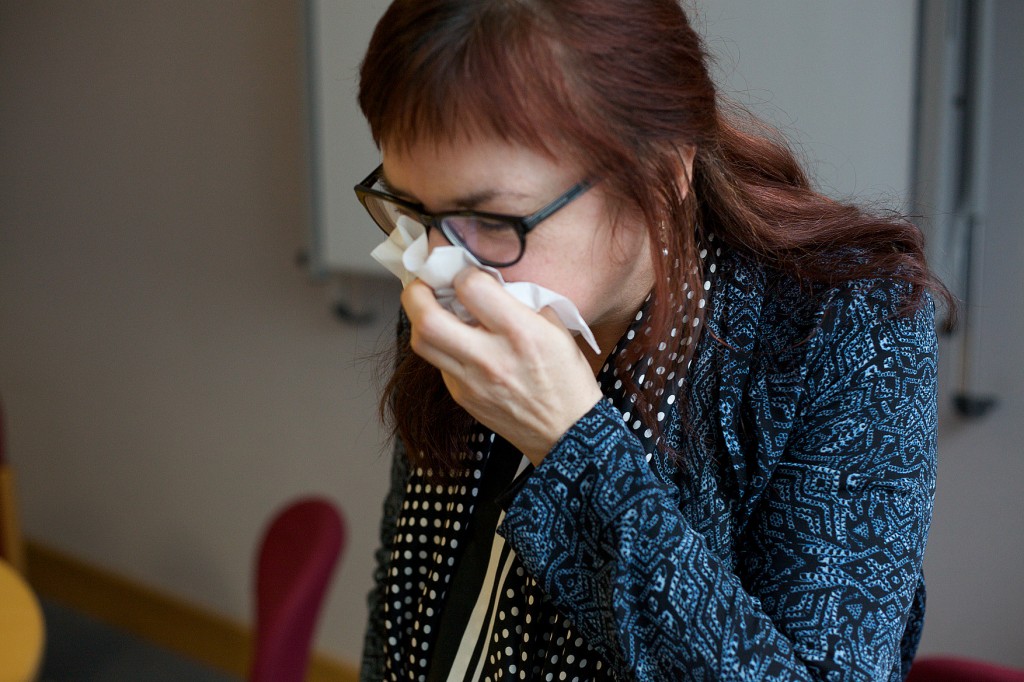Protecting the country's health
Posts relating to PHE Priority 3: Protecting the country's health
Antibiotics are essential for treating many infections but they’re losing their effectiveness. Bacteria are fighting back by adapting and finding ways of surviving the effects of our medicines. The bugs are smart – they can naturally become resistant to antibiotics …
#AntibioticGuardian Twitter chat - Tue 11 Nov 2.30-3.30pm As part of the Antibiotic Guardian campaign, Public Health England and NHS England are hosting a Twitter chat. We hope this chat will raise awareness of the growing problem of antibiotic resistance as …
Influenza activity is currently at low levels and whilst last year’s flu season was less severe than some we’ve seen, we must remember the unpredictable nature of the virus. It’s impossible to predict the impact that the disease will have …
This week we publish our Cold Weather Plan for 2014, part of the national effort to reduce an estimated 25,000+ excess winter deaths in England each year, many of which are entirely preventable. It may not be a surprise to …
In 2012, the Chief Medical Officer for England published the first ever 5 Year Antimicrobial Resistance Strategy. A UK High Level Steering Group followed, which acts as the system steward, providing challenge and ensuring all recommendations are enacted. Public Health …
Today PHE launches Antibiotic Guardian, a pledge campaign which forms a key part of the UK’s support for European Antibiotic Awareness Day and the wider fight against antibiotic resistance. This campaign matters because we have to stop the overuse and …
...discussions with end users to find out what they want and need. With that in mind, the Online Services Team focused on transferring: content that users want and need to...
Monday was World Hepatitis Day, the annual awareness raising day coordinated by the World Hepatitis Alliance. Over 170 organisations who work in the field of viral hepatitis, representing every region of the world are involved, and our own Dr. Helen Harris …
...those vulnerable because of age, illness or poor quality accommodation. Sometimes good advice may be obvious. Featured image "Temperature in C° + R" copyright Acid Pix. Used under Creative Commons....
...than just show that two factors happen in the same place or even follow the same pattern (otherwise we might assume all kinds of strange things, like US technology expenditure...










